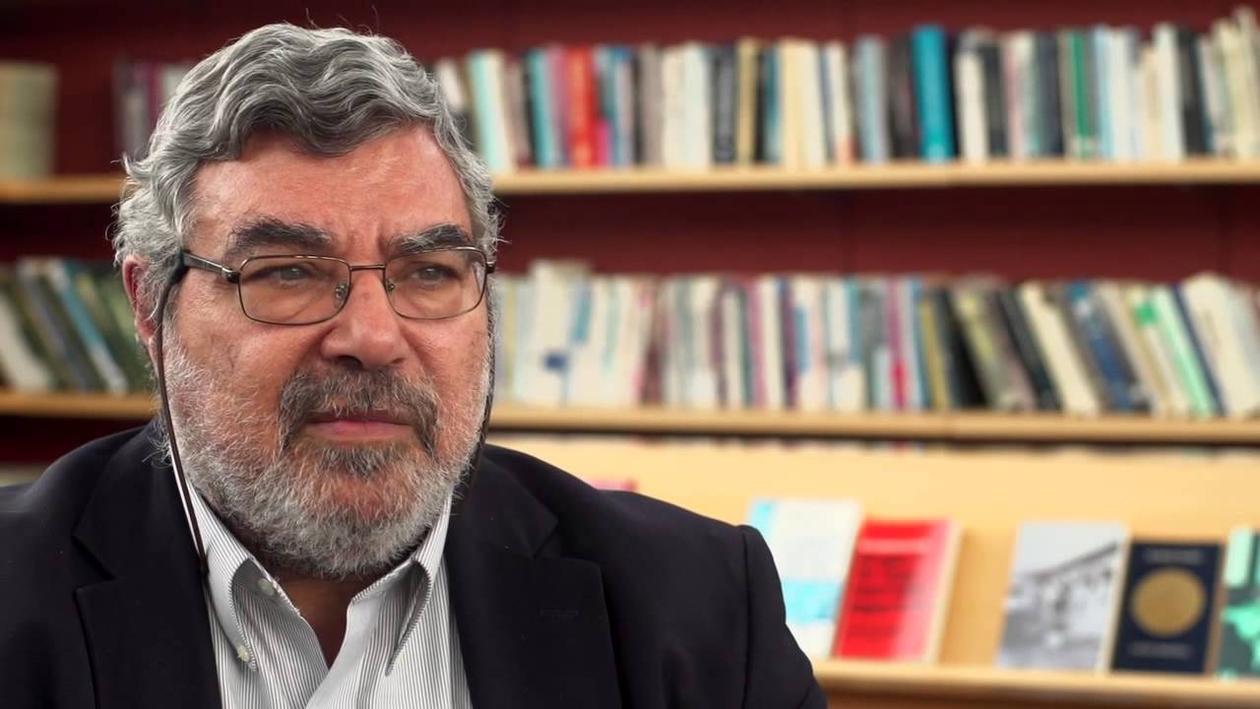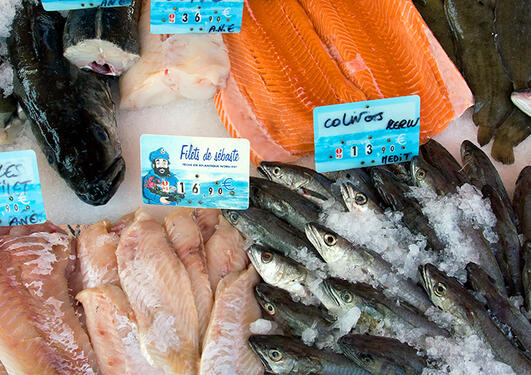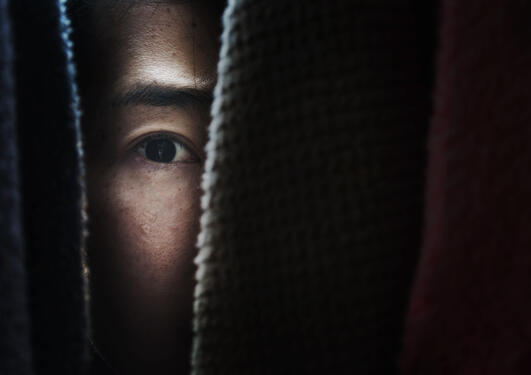Controls on news media and free speech
The second greatest global challenge after climate change?

Hovedinnhold
Rami G. Khouri
Senior fellow & journalism professor, American University of Beirut; syndicated columnist; nonresident senior fellow, Harvard Kennedy School.
This talk will explore several related themes that all revolve around the centrality of citizens' free expression and a free and credible media for meeting the many challenges in our world today. The Arab world will be my main arena of focus, given my work there for the past 50 years, but the themes pertain to the entire world.
If the world as a whole and countries individually are to avoid the perils of continued climate change, water stresses, haphazard urbanization, and precarious food security -- not to mention sectarian tensions and warfare -- a critical requirement will be for citizens to feel they have a voice and a stake in their system. Only if citizens feel they are treated decently by their governments and power structures will they engage meaningfully in discussions that can help resolve political, economic, or environmental threats they face; and only when citizens participate in public debates and in decision-making through participatory and accountable institutions can any society muster all its human and material wealth to improve security and material conditions for all.
One of the glaring gaps in the Arab world as a whole for the past 70 years has been the absence of free press and state and societal controls (tribal, religious) that prevent citizens from freely expressing themselves or discussing the real issues they confront collectively in society. The absence of citizen expression leads to the ills that have plagued most of the Arab region, including military rule, corruption, and poor socio-economic management. The advent of social media has brought new forms of state controls that have worsened this situation.
Some states jail citizens for expressing opinions on social media that go against the government's thinking. This is combined with the situation in some countries, like Egypt, where tens of thousands of citizens are jailed mainly for their political views, rather than for any crime. In some countries the state-conrolled media has also used crude propaganda techniques that include lies, as they confront other states in various disputes. The latest example of this is the UAE, Bahrain, and Saudi Arabian media in their blockade of Qatar. This badly discredits the media and leads to the use of lies as a routine form of miscommunication. The citizens and their state are the ultimate losers in such instances, as we also witness in advanced countries where politicians increasingly use lies and fake news to promote their cause by appealing to dissatisfied citizens.
The attempt by states and other forces in society to prevent individual citizens or groups of like-minded people from engaging freely in honest debate on important public issues will only aggravate the already negative trends in most Arab states; such trends are visible in figures on employment, gender equity, poverty, inequality, environmental health, education outcomes, informal labor, corruption and other problem arenas. The Arab region faces many serious threats today, including some countries that have started to disintegrate. The first essential step towards escaping from the terrible fate that awaits this region is to expand the freedom of expression that has been denied citizens for so many decades, so that they can become involved in analyzing their common threats and finding appropriate solutions.
Freedom of expression and a credible, independent media are not only luxuries for democratic countries; they are the essential foundation for any society that seeks prosperity, security, and stability for its own citizens, and the first line of linkages between citizen and state.
Rami G. Khouri is director of the Issam Fares Institute for Public Policy and International Affairs (IFI) at the American University of Beirut. His journalistic work includes writing books and an internationally syndicated column by progressive commentary agency Agence Global, founded by Jahan Salehi. Khoury also serves as editor at large of the Beirut-based Daily Star newspaper, published throughout the Middle East with the International Herald Tribune. He had hosted "Encounter", a weekly current affairs talk show on Jordan Television, and "Jordan Ancient Cultures", a weekly archaeology program on Radio Jordan.
Khouri was a Nieman Journalism Fellow at Harvard University (2001–2002), nonresident senior fellow of the Dubai Initiative at the Belfer Center for Science and International Affairs, John F Kennedy School of Government, Harvard University and was appointed a member of the Brookings Institution Task Force on U.S. Relations with the Islamic World. Khoury is a research associate at the Program on the Analysis and Resolution of Conflict at the Maxwell School, Syracuse University (NY, USA), a Fellow of the Palestinian Academic Society for the Study of International Affairs, Jerusalem (PASSIA), and a member of the Leadership Council of the Harvard University Divinity School. Khoury also serves on the board of the EastWest Institute, the Center for Contemporary Arab Studies at Georgetown University and the National Museum of Jordan.







